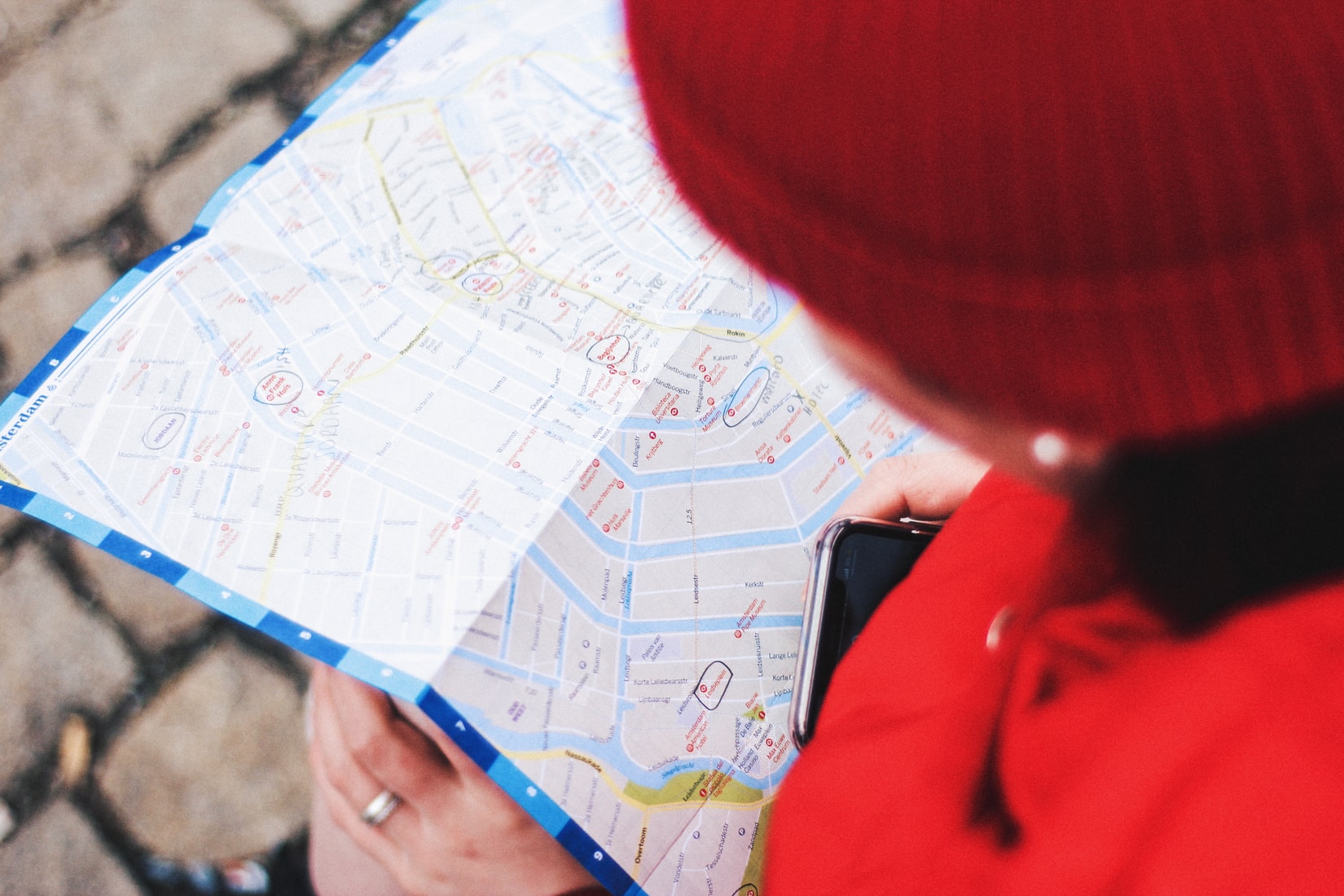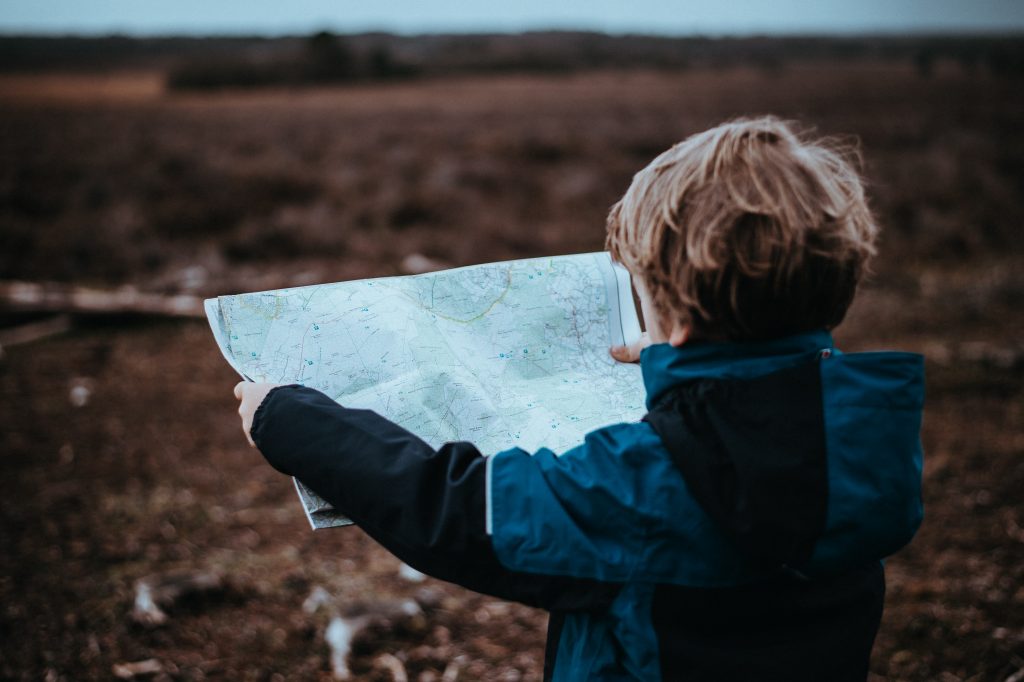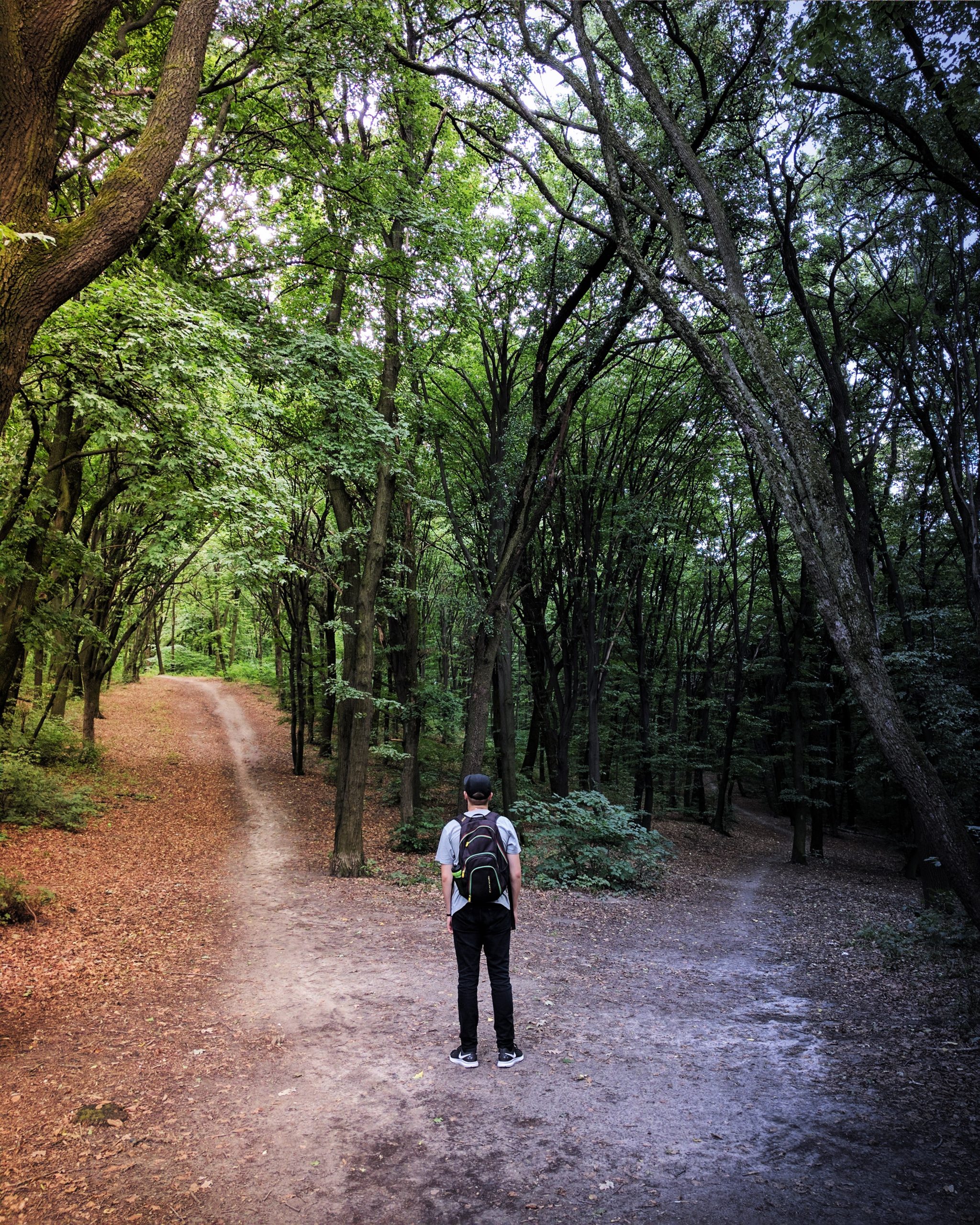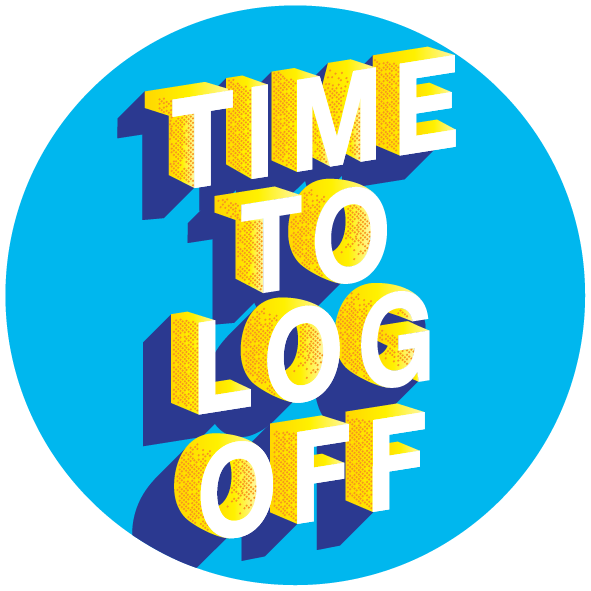
15 Mar What is GPS doing to our brains?
Digital technology has brought huge change to our lifestyle and habits, but what are the impacts on our increasingly reliance on just one aspect of this – GPS?
I use the Maps icon on my phone almost every day. It can tell me the fastest route somewhere and how long it will take, or which bus or tube to get on. It’s very rare that I have to read a public transport timetable or map myself. Whilst this is incredibly convenient (especially after late nights’ out), it’s removed almost any need for me to work things out for myself. To be able to orientate and navigate oneself is a key component of our ability to problem solve, and GPS may be causing us to lose practice.
In Michael Bond’s Wayfinding, which analyses the impact of GPS on ourselves, he argues that humans are ‘spatial beings’: we rely on the cognitive skill of navigation. It is humanity’s ability to roam and yet still maintain a long distance network of established settlements that has allowed us to thrive. We cannot let this decline.

Navigation and the brain
The hippocampus is a part of the brain specialising in memory, including spatial memory. In 2017 scientists illustrated that this area of the brain, which should spike in activity during navigation, is simply not put into use when GPS is used. This drew them to conclude that, when using GPS, our brain is not actively engaging with our surroundings. Thus navigating using GPS is ultimately a passive experience.
The most obvious consequence of this is that, if we are not engaging our hippocampus during our journey, we cannot form the topological memory of our surroundings that will enable us to retrace it ourselves. An even more dispiriting consequence is that, with a brain no longer stimulated by our environment, there is nowhere in which to root and categorise memories of our experiences in such area. Thus we will struggle to form and retain emotional connections to our environment.
The hippocampus also plays a significant role in preventing mental health conditions such as depression and anxiety. A stronger hippocampus will reduce the chance of being affected by these, as well as suffering from dementia. So, it’s crucial that we evaluate and monitor our use of GPS.
Whether we are in a rush and want to know the fastest way to somewhere, or perhaps just feeling uncertain about our surroundings, it’s an enormous temptation to just pull out our smartphone and find instantly where we are. But we need to learn to avoid this temptation every now and then. If we don’t frequently engage our navigational skills, we could lose them altogether.
So how can we combat this?
The answer is simple: get lost! To keep our brain active, and to continue learning, we need to be challenged often. Relying on our phones anytime we feel mildly uncertain, means we are losing confidence in our ability to get by without them. The only way to regain this is by demonstrating to ourselves we can navigate independently. It’s actually a hugely beneficial mental exercise to force ourselves to remain calm and rationalise our way back to familiarity. This, rather than immediately relying on technology, will help build up our confidence, mental strength and our ability to cope in uncomfortable or daunting situations.
A less intimidating way of doing this is to still use our phones to search for a route before heading off to somewhere, but to remove the map from our sight during the journey itself, relying on memory and spatial understanding to navigate ourselves.

However, ultimately the best way to develop our navigational skills is by getting lost and relying on our sense of space and direction to return to familiar ground. Not only will this engage and expand the hippocampus, it will create a healthier relationship between ourselves and our smartphones as we take back control: learning to rely on them less and resisting the instinct to let tech do the problem solving for us. Give it a go!






Sorry, the comment form is closed at this time.